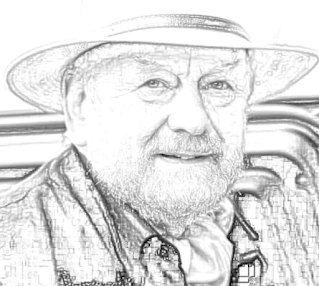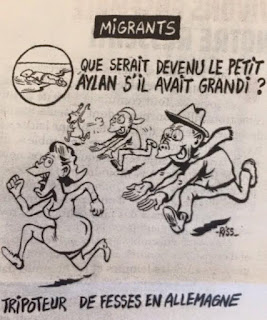In the Shadow of Gaza: Islamophobia and Visions of Purity and Danger

The recent escalation in hate crimes against Muslims in the United Kingdom is a stain reminding us of our failure to construct a multicultural society. Hateful acts against peaceful communities are propelled by a narrative that associates the entire Muslim population with the actions of a few individuals engaged in faraway conflicts. What is happening in the UK is not an isolated phenomenon; rather, it reflects a larger pattern of Islamophobia that has surged in the wake of geopolitical events. With statistics indicating a 140 per cent increase in hate crimes against Muslims as well a staggering 1,350 per cent increase in antisemitic crimes compared to last year, we must confront the reality that our communities are facing extreme adversity as our political class prefers to silence concerns instead of addressing them with an open mind. Without wanting to underplay the alarming magnitude of antisemitic prejudice in our societies to which I will return, there is no avoiding t...





